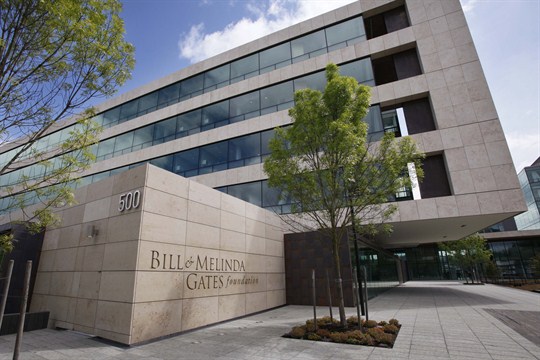The Role Of NGOs In Global Governance
There may be no general agreement on what Non-governmental organizations are precisely, but there is a common agreement that their numbers and influence are at astonishing levels.
Non-governmental Organizations (NGOs) have played a vital role in global governance through their direct affiliation with policymakers to act on issues of public concern and immeasurably improve the flow of information in global governance. Their activities have developed progressively and today they attend to every imaginable issue and they function in practically every part of the globe.


NGO’s have a high level of public trust, according to surveys, making them a useful proxy for society’s and stakeholders’ concerns. They take part in an increasingly significant responsibility in global governance, whether participating in the UN system or bringing global concerns and perspective to the national and local level. From local to global, NGOs are now a very important aspect of a variety of systems. As a result, environmental governance, human rights, and economic development are areas where NGOs can contribute significantly.


Basically, the role of NGOs in global governance is to increase their advocacy efforts for fields lacking global regulation, for example; structural inequalities in the trading and financial systems, rapid loss of forests, increase in global refugee flows, and new forms of urban poverty in emerging markets. They make available services ranging from infrastructure maintenance to education and healthcare services to communities around the globe. Their activities also include management of the gathering and dissemination of the knowledge, the implementation, monitoring, and assessment of the existing treaty obligations.
